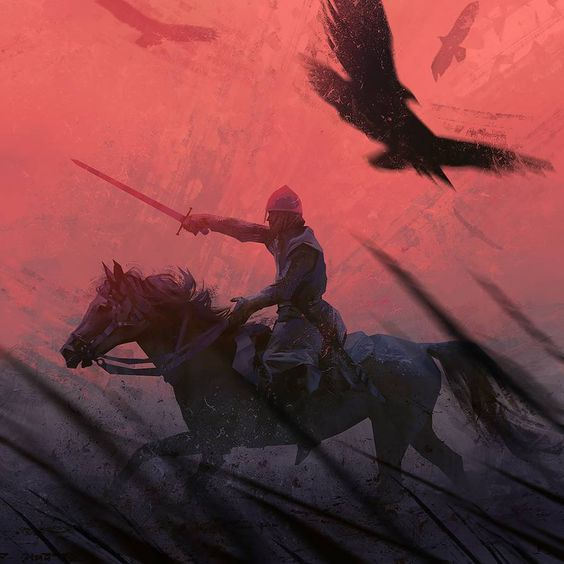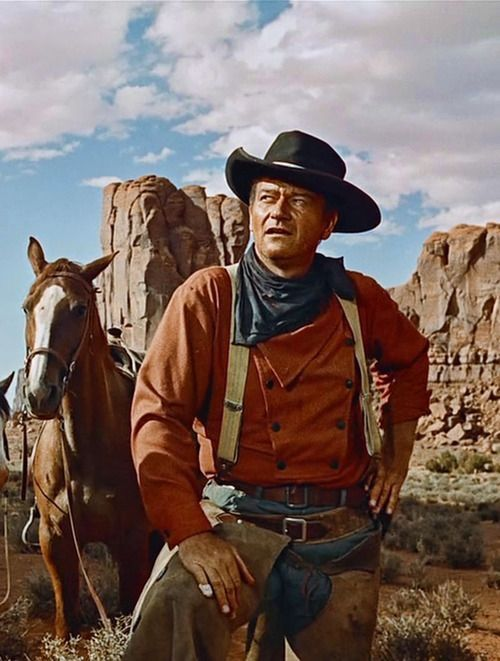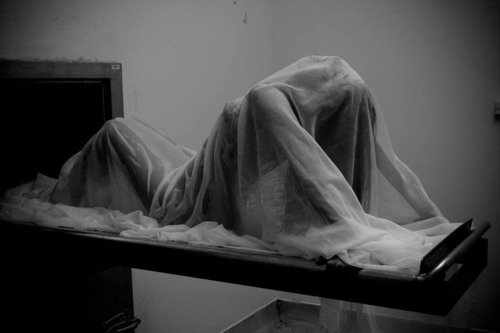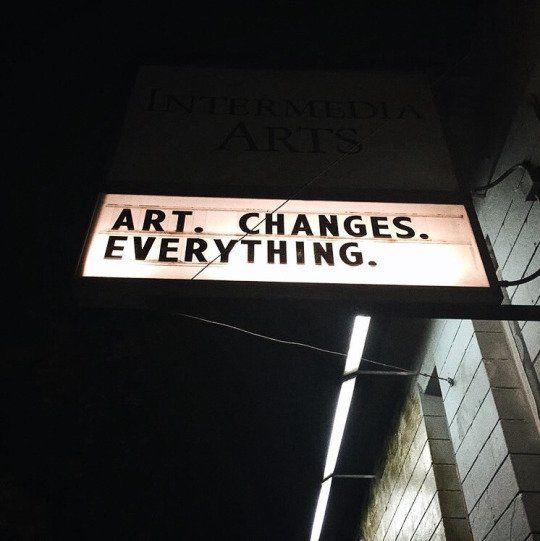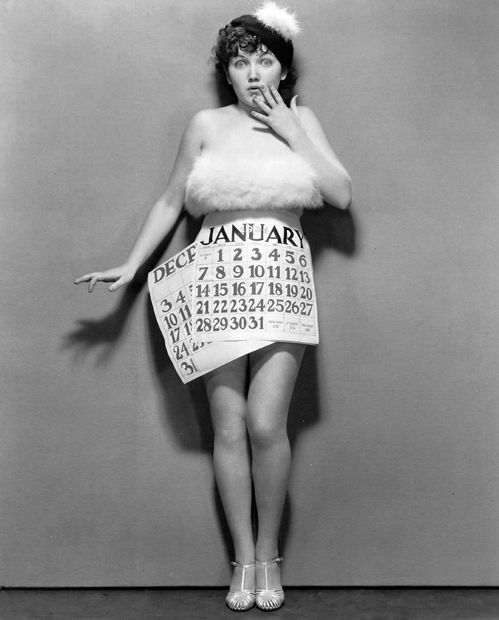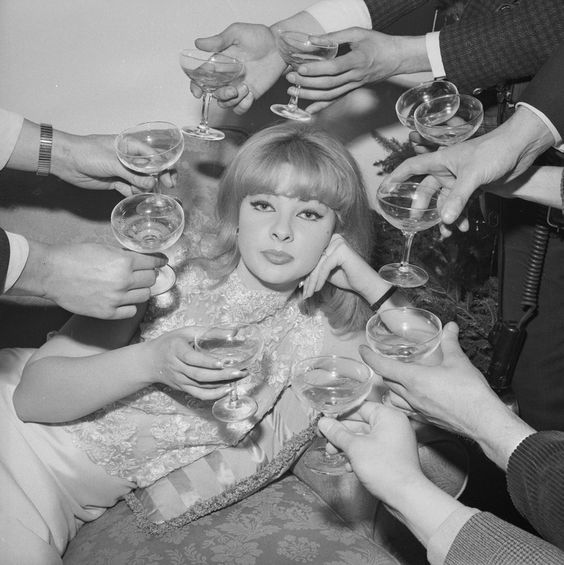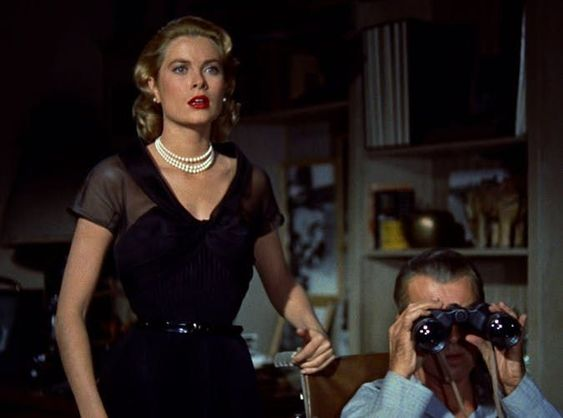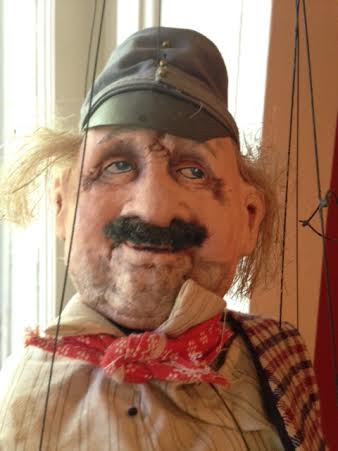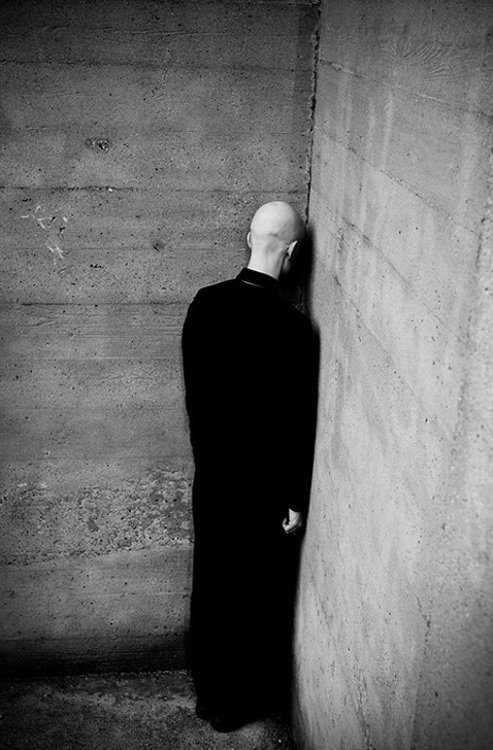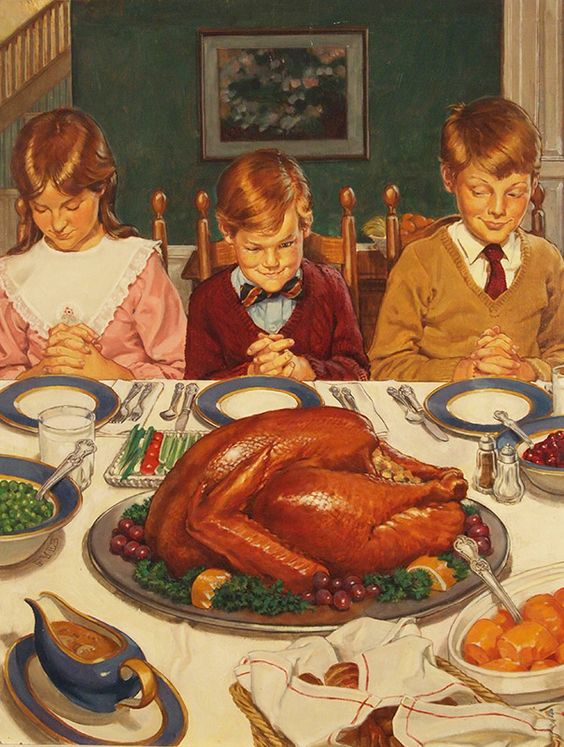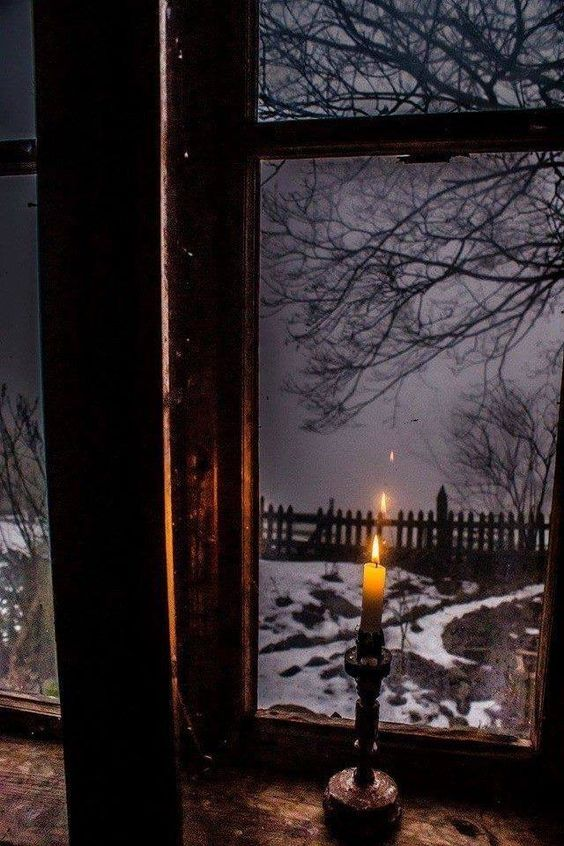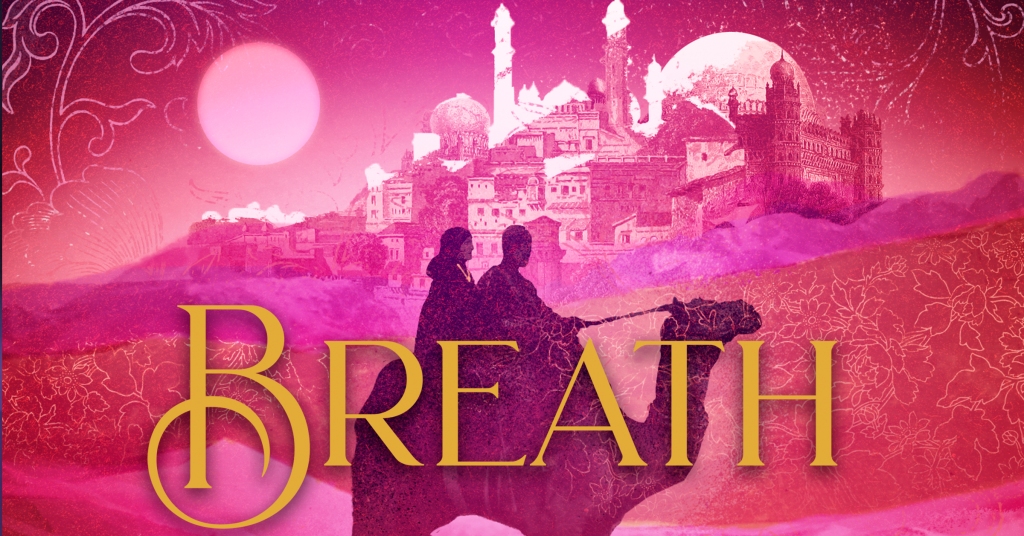As those of you who follow Cold know, I’m cold war historical thriller and noir writer, but I also pen an epic historical fantasy series, and I guess that genre would be called Romantasy now (and I kind of love that new moniker, I have to say).
My Romantasy books are in the vein of The Time Traveler’s Wife, The Secret Life of Addie Larue, Life After Life – stories like that. These are all very big stories with a lot of heart and a lot of moving parts, so one of the things I like to do here in the Cold is explore the various elements of what really makes these types of stories sing and how I can better bring those elements together for readers.
In past posts, we’ve already talked about humor and heroism here, their roles in making a compelling character. Today I want to talk about the importance of demanding greatness of our characters – in everything they do, and regardless of their gender or station. This doesn’t mean our characters won’t stumble. They may, and big time. What it does mean, is that through the writer’s vision they are endeavoring to demand greatness of themselves. To be better, do better, learn, grow – even when they’re terrified and are likely to face grave consequences for their actions.
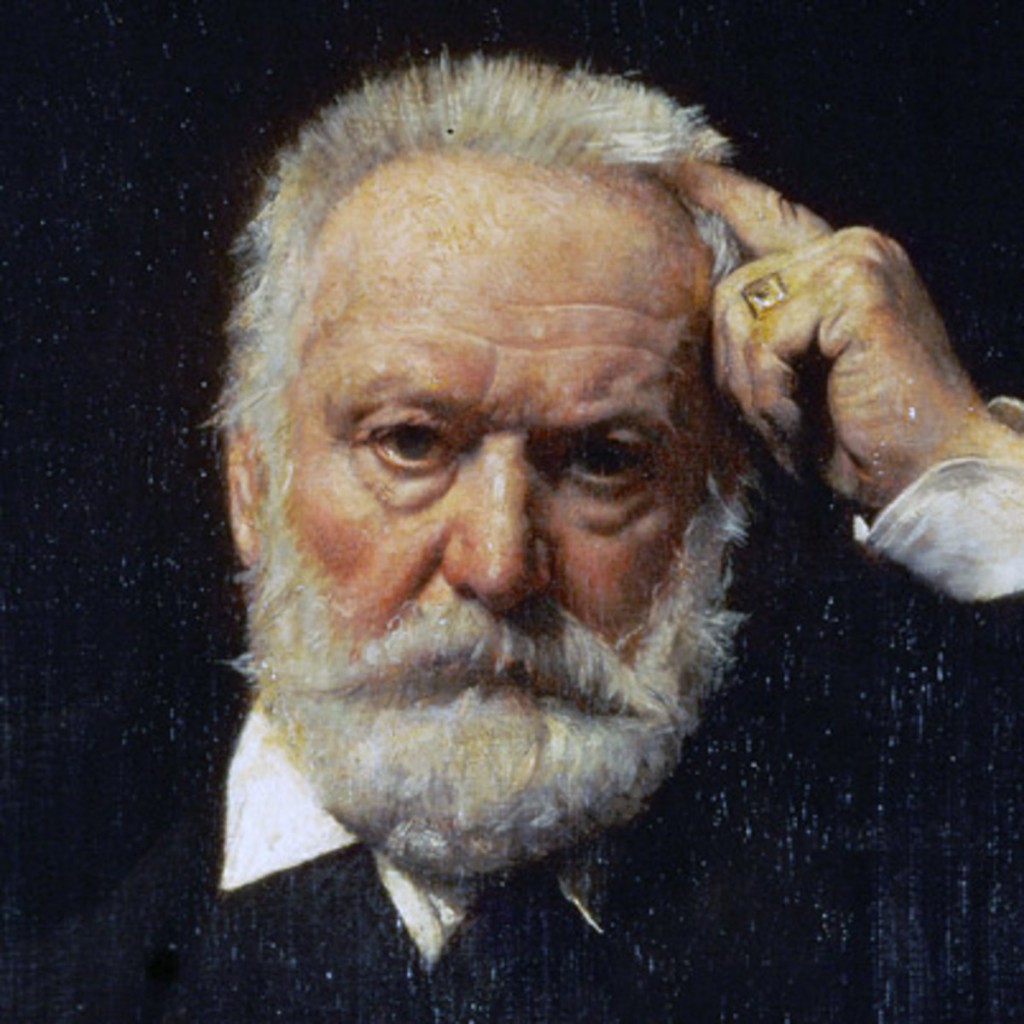
Aspiring to something great or at least noticeably greater is a key ingredient in any story worth a damn, but I’d say it’s especially crucial to get it right when there’s a central romance – especially in the romance or romantasy genre. Because as writers, we’re not only asking a reader to follow our characters’ exploits through the course of a story, but we’re also trying to get them to fall in love with our romantic characters and be chomping at the bit to inhabit their romance or love story. And there is a difference between a romance and a love story, by the way, but we’ll delve deeper into that on another day.
This Holy Grail of greatness is also vital in a series, when we’re asking a reader to follow the elements of a story, and characters essential to that story, across a number of books. We, as the creators, are being tasked with sustaining interest in our characters and their goings on, by always plotting their next “dare to be great moment” (I’m quoting the 1989 film Say Anything here). One that will reveal yet another aspect of a main character’s character, another way in which they can shine and truly distinguish themselves, make themselves worthy of a reader’s time, of their love, of their next obsession.
These dare to be great moments can happen on every level of the story. On a personal, historical, or a professional level, depending on what type of story we’re writing. It could be a work about warriors, physicians, spies or police detectives, or it could be about the poor and the young who are struggling to ascend and do the right thing both civically and morally under some difficult, disheartening, at times downright dystopian circumstances.
That sense of greatness – aspiring to greatness, achieving greatness within a character’s own milieu, especially after a tremendous struggle – is imperative to sustaining the sort of excitement I want to dig into today.

There was memoir I read a few years ago by the old time Hollywood actress Katherine Hepburn. It was called (appropriately) ME. In ME she describes the cowboy of all cowboys, the actor John Wayne. If you’re on the younger side and you’re not exactly sure who John Wayne was, I recommend you watch some of his movies – classics like The Alamo, Rio Grande, The Quiet Man and True Grit, which was pretty recently remade – oh, and Stagecoach. The list goes on and on.
Anyway, Katharine Hepburn was a close friend of Wayne’s. He was also someone with whom she’d worked quite a bit, and I was so struck by her account of him. She describes him personally, but she also describes his persona, and the ways in which they differed from each other and yet came together powerfully.
John Wayne typically played men with grit. His characters were self-made men who often hailed from modest backgrounds, but carried with them a sense of duty, honor, and strength. They projected a raw, steely authority. The kind of power that couldn’t be taken away from them no matter how low they were brought by a villain or by circumstances.
I don’t think Wayne ever played someone who was rich and powerful just for the sake of being rich and powerful. He played heroes or men who became heroes, men of action. A man, who if he saw someone in distress, would do something and often that something was big.
This leads us back to Katharine Hepburn and what she had to say about her dear friend. She said Wayne was so tall a tree that the sun shined on him no matter how big the tangle in the jungle. She described his chest as massive, his hands as massive, and yet he was graceful, and he was a wonderful dancer. And he had these comparatively small feet that could hold this tremendous body. She said that whenever she leaned against him it was thrilling.
She talked about him as a person, too. She’d witnessed that whatever it was, he could take it. He could dish it out, too. That life had dealt him some tremendous blows and he never complained. He was a man of wit and humor, a man who knew he was charming and who used that charm, but at the same time disregarded it. He was the kind of man who made America, the kind who was able to crawl through the trenches and dance across the dance hall – sometimes all in the course of a single day.
It’s interesting because John Wayne, unlike a lot of the characters that he played, actually did come from this sort of well-to-do family, at least until the depression hit. I believe his father was a surgeon and there is this wonderful picture that I once found of him when he was, I don’t know 19 or so. He’s dressed in a full coat and tails and looks like one of the Rockefellers on the deck of the Titanic. He had clearly been to some sort of very posh event, but it was before he became an actor, so it was a personal photograph documenting something that was happening in his life. I remember, aside from his great looks, that he projected such a palpable energy, and an unmistakable aura of dignity. It transcended his fancy clothes and made him simultaneously accessible, friendly, and a man you’d look up to, want to follow, believe in. I could understand how this surgeon’s son, who was so dashing and elegant, could be cast to play a rough and tumble man of the old west.
It was this dichotomy that made Wayne such an iconic figure, transcending even the characters he played. A refined, dazzlingly handsome man with a moral character set in stone and a stiff spine to match his stiff upper lip. In short, he had that magical quality we call charisma.
I’ve thought a lot about charisma, about how we, as writers might manufacture charisma in our characters. Both through circumstances and through our characters’ reactions to circumstances. Through those dare to be great moments that take our breath away.
To me, the basic definition of charisma is when opposing elements converge within a person and are demonstrable. The powerful man or woman, who is also humble and gentle. The outlaw with an unshakable sense of honor. The son or daughter of privilege who volunteers for the hardships of war. The nerdy librarian who is sexy as hell.
I like to reference the Outlander series by Diana Gabaldon when I talk about gold standard charismatic characters who demand greatness of themselves and achieve it. Her central lovers, Claire and Jamie, are both formidable characters in their own right, who primarily aspire to greatness in their values and in their own personal sphere. Some of the Outlander books take place in fancy environments like the French court of the 18th century, but in most of the Outlander novels, Gabaldon’s characters are really just living their lives, being heroic in everyday sorts of ways and within the context of their time in history. They’re helping people, standing up for themselves, for their region. Yet Gabaldon manages to make theirs an epic story, whether they are fighting pirates, or political intrigues, or are simply farming in rural colonial America.
Now, Claire is actually a time-traveler, so that complicates things and manufactures charisma organically to some extent. That’s a great lesson in the conjuring of charisma because these dare to be great moments really do come to the surface quite often when she’s around, and for good reason. Claire is not only a woman from a different century, but one who was already ahead of her time in her original birth era – roughly the mid 1940s to the late 1960s. There, she became a surgeon, which for a woman was pretty rare, and she has no compunction about applying these skills to her life in the eighteenth century. On top of that, she carries the certitude of a modern woman. Her brand of confidence comes from emancipation, a career, and legal rights that were not available to women of her adopted time. Quite naturally, she moves differently in the world than the women around her and ends up as an unwitting role model to many, and a bitter enemy to a dangerous few.
As for Jamie, her husband, he is a man who aspires to greatness no matter what he’s doing – whether he’s chopping wood for a fire or chasing a villain through the forest. He stands by his woman, and stands by his men, his friends, his people – always. Strong and consistent, noble and rakish all at once. He’s not above gambling and fighting, but he’s always got a damned good reason to do either.
He’s the sort of gold standard character who not only captures a reader’s attention, but holds it, makes them not only willing, but eager to follow him, and consequently Gabaldon’s vision anywhere – even to some really weird places. In short, characters like Jamie and Claire give an author air cover to take big chances and do something different with a story.
I suppose that’s why I get stuck on this topic of greatness. Because I definitely do take my readers to very weird places. It’s fun! There are ghosts in my stories, there are priests, there are spies – sometimes all in one person. Grandiose heroes and quirky villains, people of tremendous contradictions. And I do like to sprinkle in an element of magic realism or some science fiction-y aspects that are perhaps a little bit far-fetched – time jumping, reincarnation, a spiritual vision here and there, for instance. In order to do that effectively, my characters have to be up to the challenge. And that’s a helluva tall order.
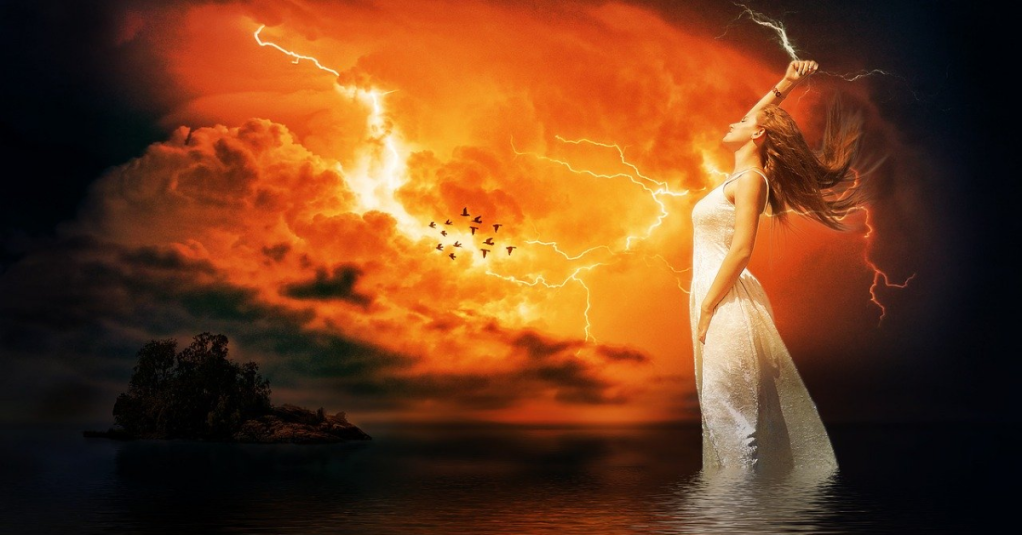
At every turn, I’m always asking questions, gauging my characters’ reactions and amplifying them. If they see a ghost, how do they respond to that? What is the biggest action they can take? How might they react to being someone who can commune with ghosts? How do others react to them? How does their ability change their circumstances? And how, as a writer, do I elevate that, give it real meaning in the story? Make my characters and their feats of heroism, their struggles to overcome failure and tragedy, stay with a reader like a glorious hangover.
When that happens, that’s when a character, a story, has transcended entertainment for me. Both as a reader and writer. When I’ve absorbed this fictional world and its citizens into my psyche, my way of being in my world. When these characters have changed me, made me aspire to be better, or dare I say it? Demanded greatness of me.


As those of you who read this blog will know, I’m a thriller author and essay writer, a woman bewitched by family lore. My own family story is an epic that spans decades and is filled with harrowing Cold War tales of love and violence that continue to inform my writing to this minute. Case in point, I’m in the process of finishing up the first draft of a Cold War noir thriller that’ll be coming out next year.
But my family lore isn’t limited to inspiring my thrillers. In recent years, I’ve also been writing a historical series with fantasy elements and a central romance. Romantasy is what it’s called in the current parlance. The first two of the big books in the series – BREATH and OF SAND AND BONE – are already out and available on Amazon and Barnes and Noble and all the usual suspects, including Audible, as is a companion novel to the series called SAVAGE ISLAND.
As I’m getting close to the finishing line on my latest noir, I’ve been working concurrently on the next novel in the BREATH series. And that’s what I want to talk about today because in the process of writing in these two genres and being immersed in both of these worlds, I’ve been thinking a lot about how they inform one another.
In particular, I’ve been thinking about the interplay between passion and violence. Between love and conflict. It’s my belief that in the most effective storytelling, the kind that grabs the reader by the lapels, these seemingly opposing elements are reflections of one another, and I want to expand upon this.
While plotting, imagining, and writing this week, I found myself orchestrating a very violent and horrific scene that will launch this newest BREATH novel. Now, I know I said this is a story with a heavy-duty romance at the center of the plot but I’m a thrill-seeker at my core, so even as I write in other genres, I tend to bring some of that with me. It’s why I chose to stay in the historical lane of fiction, since history is essentially a bloodbath whichever way you look at it, and even the most romantic lovers will have to contend with at least some pretty agonizing situations.
But I digress.
The point is, right out of the gate, there’s going to be a tremendous amount of darkness that our lovers will have to navigate through while they’re falling in love and negotiating the early, heart-thrumming stages of their relationship. I’m also going to be dealing with a lot of firsts with these characters, which in itself raises the bar on tension and potential carnage. As they are a pair of lovers who, after falling victim to an ancient curse become immortal through reincarnation, they fall in love for the first time in each book of the series. In order to keep the reader on edge, with their hearts pounding and their brows sweating as the turn every page, these firsts have to be immensely powerful and approached with a fresh eye and a lot of drama. Each and every time.
That’s a tall order for a writer.
And it’s not just intimate firsts that I’m talking about. It’s the first time they experience betrayal, or watch someone die or feel sheer, unadulterated terror. These are very strong and sensual occurrences that need to be explored fully in order to give the reader what’s been promised. The dark elements of the story have to find their counterpart in the beautiful and tender passages. The ones that make a reader shiver and swoon.
If the violence isn’t handled with the same amount of drama, sensitivity, and voluptuousness as the romance, the story will feel out of whack. Think about the blood and guts, the flex of strong muscles, the dance of battle, the grunts of pain and exertion, the wheezing and groans of the dying, the last words of an important character, the quality of their voice, the look of fright or peace or love in their eyes as they slip away.
During the throes of passion and violence, these sensory experiences are happening all at once and are strikingly similar from a certain perspective. A character can tremble in the presence of a killer or a lover. Each of these emotional states have a distinctive smell, which is unmistakably a musk. These scenes have to hit the same highs and mirror one another as best they can. Even if it’s a funhouse mirror that distorts and misleads.
Because that mirror fills in the gaps and allows us to see into a character’s soul with a vision that’s been sharpened by tragedy and ordeals. It helps us fall deeply in love along with the lovers in our story. This virtuous circle or vicious circle – I’m honestly not sure which – is damned thrilling.
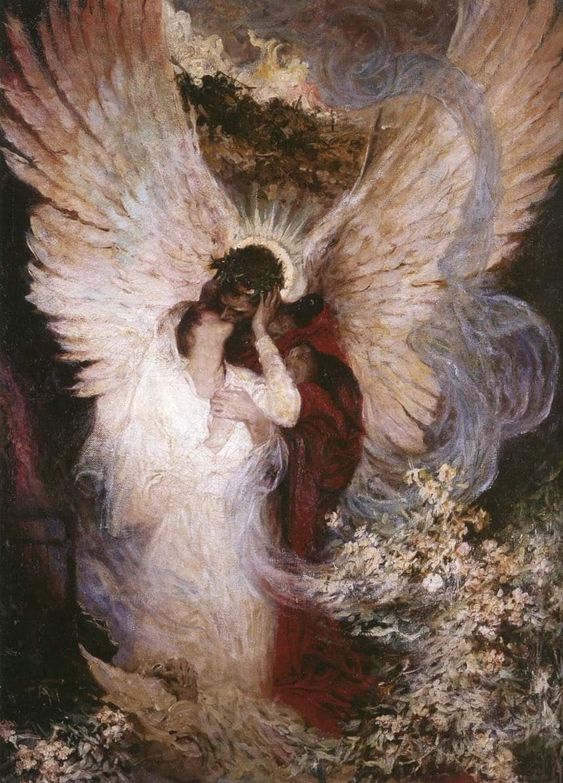

I know in my own experience and I’m sure that many of you will probably be nodding your heads as you read along, some of the closest and most intimate moments that my husband and I have shared were when our youngest daughter was born very ill. Emotionally, it was a violent time, yet it was profoundly romantic. Maybe romantic is an odd word choice for a situation that was so awful, but during that experience we felt very acutely the profound love that we have for one another. During what was essentially the worst time in our lives, we had each other to love and to lean on, learn from, grow and grieve with.
It was an incredibly bonding experience, equally as powerful as falling in love, and a silver lining to a life event I never wanted to go through in the first place and would never wish on anyone else. It bound us together and gave three-dimensional meaning to the vow “until death do us part.”
It’s this very dichotomy that I’m drawn to exploring; this bounty in the heart of darkness. War and love and death, they change us, they magnify everything around us, helping us see our own character and the choices we’ve made with crystal vision.
In a story, it’s this very phenomenon that creates meaning which transcends a juicy plot, a rip-roaring adventure, a romantic love affair, and leaves the reader with a brilliant, beautiful hangover. One that can last days, weeks, even years. One that might even impact our own choices, and the way we experience the real-life difficulties that visit us all sooner or later.
Are there limits to art? You might think that’s a strange question for someone like me to even be pondering. Right here in the Cold, we tend to be pretty open-minded and overall ready for anything. In past essays, I’ve written about humor, for instance, and its role in allowing us to explore the taboo, say the things we’d never say in polite company. Any form of art (and I do consider humor an art form) should theoretically encourage us to think beyond the usual boundaries of politics, religion, philosophy and science.
But my friend Ricardo Lopes and I try never to shy away from the difficult questions. Even the ones that twist in our guts. Our annual heart-to-heart on his magnificent podcast, The Dissenter, is an exploration of anything and everything related to the creative life. While we do tend to focus on literature, we’ve also been known to talk movies, manga, stand-up comedy, performance art, painting, comics, video games and theater.
If you’ve been following me around for a while – on this blog, on my podcast, or my newsletter – you’ll probably know all about Ricardo. He’s a Portuguese podcast host who mostly focuses his attention on science, both hard and soft. He’s interviewed Noam Chomsky, philosopher and National Humanities Medal recipient Rebecca Newberger Goldstein, evolutionary biologist Carole Hooven – people like that. As far as I know, our conversations are the closest he usually ventures towards art and literature on his podcast, unless you count his interview with Simon Baron-Cohen, comedian Sacha Baron-Cohen’s neuroscientist cousin. So, it may seem like a bit of a head-scratcher as to how we’ve formed this art bond and made it “our yearly thing.”
Yet, from the moment we “met” – on Twitter of all places – I felt the draw of a kindred spirit.
Ricardo’s quest for understanding and his precision in thought made him so refreshing to interact with – even in the days of a 160-character limit. He’s kind, friendly to all, and approaches art like a scientist; he’s always willing to explore dissident points of view (hence the name of his podcast); he’s always willing to consider and reconsider even his most deeply held beliefs. And his curiosity knows no bounds. Ricardo asks questions most people don’t think to ask. He wonders about the interplay between dialogue and prose, the balance between descriptive language and allowing for a reader to create their own imagery for a story, writing villains with compassion and humanity instead of judgement, and yes, he asks about limits. Most specifically when, if at all, an artist goes too far.
You may be wondering what that even means – to go too far. To be honest, I’m not even sure myself, which is exactly why we ventured into such a conversation. To understand our own limits, as well as explore the very concept of limits – when they provide necessary guardrails and when they become restrictive and counterproductive.
Wherever you stand on such a question, I do hope you’ll join in the conversation this week. If you have something to say, please don’t hesitate to leave a comment. All of them will be answered.
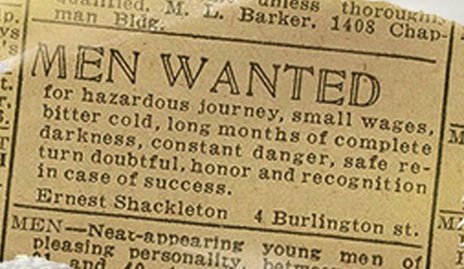
Not too long ago, I asked readers for feedback. Specifically, I asked them what words or descriptions come to mind when they think of my work. I also asked them to describe themselves – male or female, age range, favorite genres, etc. Answers like these are extremely helpful for fiction authors. Not only do they help us identify the proper demographics for our marketing efforts, but they also allow us to see our work from a distance, which in turn bolsters our ability to make informed decisions about which new projects we’d like to pursue and how to approach them.
“I found your first books from the Cold…masculine, concise, violent.” –Larry
“I think anything you write is like a glass of fine wine, perhaps a merlot, sometimes with a dash of salt or sugar on the side. Then you surprise us with a shot of Jack Daniels.” –Phil
Historically, I’ve written Cold War thrillers, as you can probably tell from the above comments sent by male readers (thank you, guys). Roughly half of my existing readers are men, which is a big number considering that some eighty percent of all fiction readers are women. I didn’t seek out this high percentage of male readers and didn’t even think too hard about who reads thrillers when I first started writing them. I just knew I loved thrillers and felt like I had a story to tell.
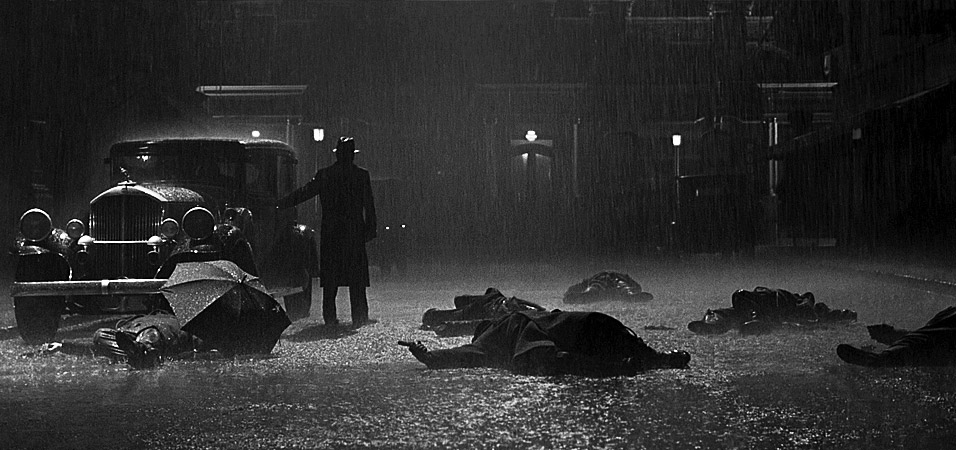
My novels are gritty and tough, with a dark sense of humor. A fellow author (also male) called my novel, The Hungarian, a biting satire of life under the Soviets and he was spot on. But despite the cold, unvarnished and even grim nature of my Cold War stories, they have always had heart. Rather than turn off male thriller readers – people more erudite folks might say are perpetrators of toxic masculinity – the men who subscribe to my newsletter (Cold Readers Club) have never once complained about the fact that my characters have real relationships. Ones that are more than passing flings, mean something, and leave a scar, an echo of longing, even a happy ending every once in a while. As much as one can have a happy ending in a world of paranoia, betrayal and danger, that is.
That’s probably why, when I first announced my intention to start an epic new series in a new genre, my male readers said, “Sign me up! What’s it gonna be? Sci-fi? History?”
“Ummm, actually, technically,” I said, stumbling a bit. “It’s going to be a mystery-fantasy thing. Lots of history and war, but, uh, there will be a central romance.”
Dead silence.
I wasn’t so naive as to think there wouldn’t be a little skepticism among my male, and even some of my female thriller readers. Thriller readers have particular tastes. They love…thrills. Assassins, spies, bad women, good liquor, international intrigues – that kind of stuff. Lovers of historical fiction who like and follow my work seemed pretty much on board from the get-go or were at least willing to give my new brainchild a try, but the rest of my readers – particularly the guys – were a bit perplexed. I can’t blame them.
The irony was, that I actually expanded the romantic element in my fiction for them.
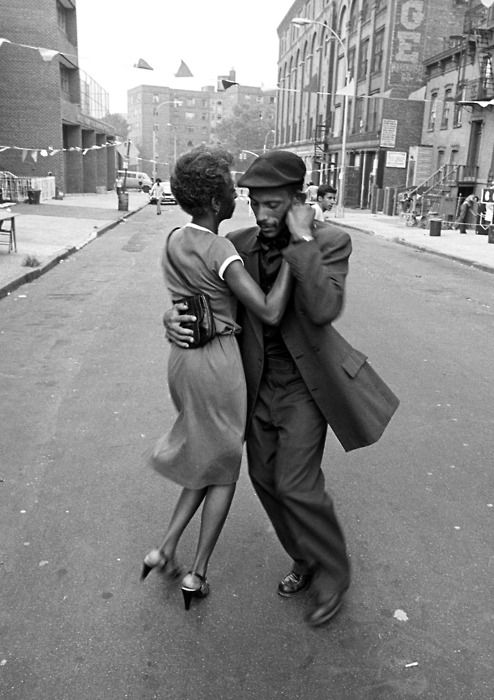
It’s true that I didn’t poll them before making the genre jump, but that’s in part because so many of my readers had already reached out to me. If you read this blog, you probably know that people started writing to me about love and their love stories pretty early on. Those were by far the essays that received the most eyeballs, likes, and engagement. You may also know that a lot of the people who wrote in – especially those who really went into detail and made my heart flutter, caused me to cry, take a deep breath, even break into a sweat – were men.
Yet, when it comes to my historical fantasy series, BREATH, I’ve had to lure in “my guys,” as I call them, one reader at a time.
I understand the kneejerk reaction to anything that smells of romance with a capital R. Doting boyfriends often speak in language reminiscent of PTSD when they opine about having to suffer through Twilight or The Notebook over and over again with girlfriends who approach these stories like a Middle School boy does the Star Wars franchise.
“Wait, here comes my favorite part,” she says, her lips mouthing along with the dialogue. “Wasn’t that amazing?”
At least Fifty Shades of Grey got them some…ahem…attention.
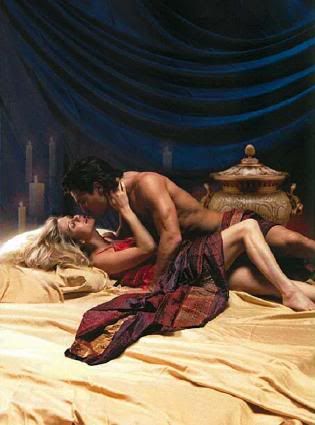
So, yes, it has been a hard slog.
And for those of you guys who have come with me, those who are still on the fence, and those who are a hard NO, I just want you to know that the new Cold War noir I’m writing is gritty, atmospheric, violent, mysterious, and stylish, dammit! You’re going to love it – swear. It also has heart, and I know, despite the fact that it just kills you to admit it…you like that, too.
“I love all your writings but my favorites are The Bone Church, Hotel Yalta, Cold, The Hungarian. Having said that I am typically not interested in books like Breath, Of Sand and Bone but I can’t put them down either.” –male reader who asked to remain anonymous
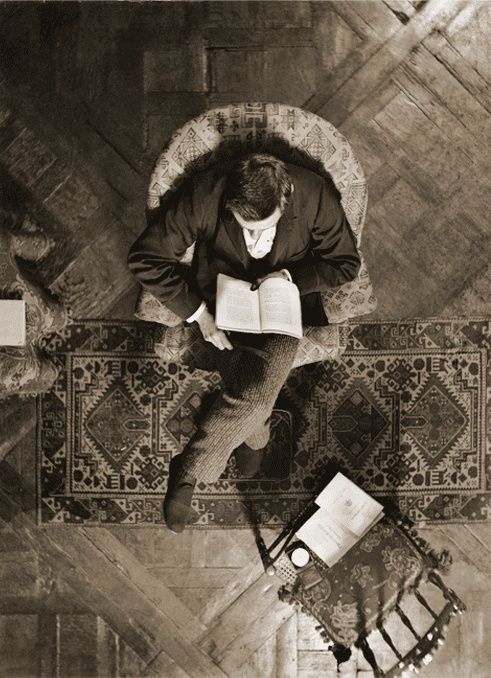
The irony is that Breath and a novel like The Bone Church are cut of the same cloth, only woven together a bit differently. The romance may be dialed up in the former, but I spare the reader nothing. Every battle bleeds, every betrayal feels like murder, every city is filled with shadows.
I made sure that those of you who trusted me enough to make the jump with me would be rewarded.
“Three words to describe your work? Worldly, dreamy, satisfaction.” –Rich

So, thank you for coming with me. I really don’t know how much romance a man can actually take, but those of you big, strong men who’ve dared to make the leap from the foggy back alleys of wartime Prague to the rolling sands of the ancient Sahara seem satisfied, and that means a lot to me.
It makes returning to my beloved world of cloaks and daggers all the more gratifying, and provides a thoroughly enriching, creativity-boosting sojourn from the world of ancient curses and star-crossed lovers. It helps me draw deeply on the dark and twisted for a while.
And when I’ve finished this noir, I’ll be able to go back to that other new world, the world of Breath, and bring all the tantalizing elements of the Cold War with me. It’s kind of like having a time machine in that way.
In the meantime, in honor of the coming Valentines Day holiday, I’ve got some presents for you. All of you – not just the guys. It’s a little thanks for sticking with me on this journey. For having faith in my vision.
First, please accept this clip from Breath’s audiobook, featuring the fabulous, much acclaimed Emily Lawrence. I’ll admit, it’s got some romantic language in it, but it also sets up the adventure pretty damned well. Sort of like key lime pie followed by a tequila chaser.
Next, here’s a taste of the kind of romance that’s in the noir thriller I’m writing right now (this one is straight tequila):
Near the Kurkino district outside Moscow, 1959
His One Unsolved Case
The small forest where Matvey Semyonov’s body had been found was a bleak, dark place, even in the middle of the day. At night, it was even less appealing, but as Rodki Semyonov’s black shape hurried by the dimpled hollow where his father’s body had lain for so many years, he felt none of the foreboding that made locals tremble.
Semyonov knew a thing or two about hauntings. His late wife, Polina, sat with him at his kitchen table most mornings. Occasionally, her spirit hovered in the corner of their bedroom, and he took comfort from her when he was having trouble sleeping. That why he knew this secluded patch of woodland was no more inhabited by ghosts than his local pub. However, the perception that the area was plagued by a malevolent presence or two suited him. It allowed Semyonov a place to go that was without generals and spies and dead wives. He could settle into his father’s mistress’s tiny house and read for a while. During the warmer months, he could exercise near the vegetable garden, which he had kept up. Most importantly, he could think without intrusion.
Had Polina ever followed him here, she would have remarked that he never bothered to make the place his own. Indeed, he had kept it exactly as his father’s mistress had kept it. He owed the woman very little, even if she had quite willingly hung herself upon being found out as his father’s murderer, so it wasn’t a matter of courtesy to its former inhabitant. He had kept it the same for sentimental reasons. He liked to look around and see the last place his father had seen.
The house itself held no surprises. It was small, made of logs that were dark brown and weathered with age. The roof was just canvas, tattered, but able to keep the rain out. The doorframe, while made of rough planks of ill-fitted wood, held a door that was itself a thick, handsome slab of oak. There was a small, round window at its center that was the home’s only true embellishment. It was made with stained glass and depicted a simple scene from the Russian fairytale Ivan Tsarevich and the Gray Wolf: Ivan on the back of the wolf, with his love, Elena the Beautiful cradled in his arms.
Semyonov had always wondered if the colored glass scene had been a gift from his father, given in the early days of his infatuation with the woman who would end up killing him.
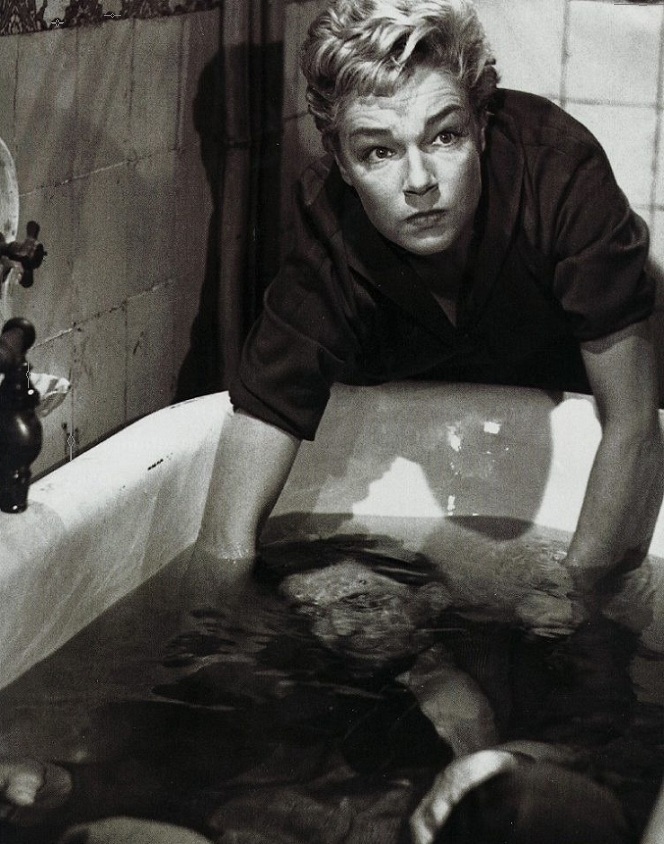
Happy Valentines Day!
out·li·er
NOUN
- a person or thing situated away or detached from the main body or system:“less accessible islands and outliers”
- a person or thing differing from all other members of a particular group or set:“an outlier in Faulkner’s body of work” · “then there are the corporate outliers, people who just don’t fit into the culture of the company”
I know several people who revel in their outlier status. They genuinely don’t enjoy being part of a group – at least not one that isn’t loose and sparsely populated by people who themselves bristle at affiliations, whether they be political, professional, or simply hobby related. It’s not that these confident nonconformists don’t like people, necessarily. According to their own self-reporting, many outliers have very strong interpersonal relationships, like a ride or die best friend, or a close marriage and a loving, dynamic rapport with their children. In fact, many people who identify as outliers say they simply prefer the mile deep to the inch wide and are perhaps at their core suspicious of conformity. Even when it comes to issues that are close to their hearts and align with their values.
I think about what it means to be an outlier a lot, because I probably am one. I say “probably” because I’ve never really been comfortable with that moniker. I feel conflicted about feeling like the perpetual observer, the outsider who never quite fits in. I don’t even know for sure that other people view me this way. It might be my own distorted view of myself. One born of being a child of immigrants, of being a fantasist, of liking long walks taken alone and the solitary nature of cold winters, of preferring books and movies to real life, of thinking Spam actually tastes pretty good. Since many of you who are reading this are probably nodding along, saying “Yes, that’s me, too,” I question whether this makes us outliers at all. I mean, if a lot of people consider themselves outliers, or at least as having outlier tendencies, then does being an outlier even exist?
Maybe the real question is this: What does it really mean to have something in common with a group of individuals?
When I lived in Prague in the 1990s, the only obvious thing I had in common with the friends I made there – people I consider my people to this day – was our spirit of adventure. Each one of us had packed our bags and bought a one-way ticket to the wild, wild east, having no other plan than to experience whatever came our way. To inhale the “sweet gas of life,” as author Tom Robbins put it. We were middle class state school kids and rich Ivy Leaguers, poets and lawyers, city slickers and the smallest of small towners, the popular kids and the nerds.
It was the only time in my life when I felt like I was a natural part of a group. I didn’t even have to try to fit in and I rarely felt out of my element, even though my friend group was a mishmash of people who often didn’t even share the same country and culture. We were American, British, Scottish, Canadian, Irish, Australian, Czech, Croatian, German, French, Korean and Californian.
Before then, since then, I have mostly found myself nose to the glass watching people in other groups cavort. The ease with which they fall in together, their shared sense of humor, their similar political views, literary tastes, fashion sense and recreational activities all trigger within me a complex brew of envy and longing. For these group members, it seems to me every day has the tempo and tenor of a garden party. One made of hearty, harmonious agreement. I’m quite sure this isn’t really the case and that the people who are part of these groups struggle with all sorts of things invisible to me. The office politics, the falling out with friends over affairs of business or of the heart. The digs, the one-upmanship, the keeping up with the Joneses, the toxic in-group cultural bugaboos that can bring an individual down. For all I know, most of these folks feel a deep sense of loneliness and isolation within their own ingroups, even if they’d never in a million years consider leaving them to seek out new friends.
But among all the convivial people in my sights, I’ve been especially cognizant of those who defy characterization altogether; the ones who are able to leave and join new groups with apparent ease, essentially never seeming like outliers no matter where they are or with whom they’re socializing. In my observations, most people like this aren’t fakers or habitual charmers, but they are very adroit at finding out what they do have in common with others and leaning into that hard. I think about the army brat or corporate animal. Each time they move to a new state or country they have to do their utmost to fit in, find people with whom they can laugh, confide in, share time.
What most of these on-the-move types have told me, is that they often find themselves onboarding to different groups depending on how, in their estimation, they intersect with the culture of their new environment. It doesn’t always work as well as they hope. A friend of my daughter’s, a diplomat’s son who moved roughly every two years during his entire youth, explained to her how strange it was to go to High School at one of the international schools in Dubai. How poor he felt there, even though he knew that by any reasonable standard he was a comfortable, fortunate, and worldly young man. Yet in a class where every girl sported a Birkin Bag and one of his peers – I kid you not – drove a gold-plated Ferrari, he felt like a scrappy outlier who was never going to be able to keep up.
I can relate to his story of how a mere change in location has the ability to distort our perceptions of ourselves like a funhouse mirror. I vividly remember the discombobulating feeling of being universally liked at one school, welcome at every lunch table and as a participant in any playground game, then shunned when I transferred to a different school. Nothing about me had changed, and my new school was just across town, not on the other side of the world. It wasn’t even noticeably different on a socio-economic level, as both schools were private, Catholic, and catered mostly to middle and upper middle-class kids. But an altercation I had with a mean girl on my first day made me persona non grata.
“Can I play?” I’d asked the girl and her group of friends. They’d started a game of Chinese jump rope at recess. I’d approached them carrying a full packet of lemon drops my grandmother had packed in my lunch.
“Only if you’ll give us all your candy and be our slave,” the mean girl replied.
My rejection of her terms – I actually thought she was kidding at first – violated some unwritten social contract at that school, and I found myself as the social outcast of my third-grade class. It was the one time I was an accidental and totally involuntary outlier, and to this day, I shudder thinking about it.
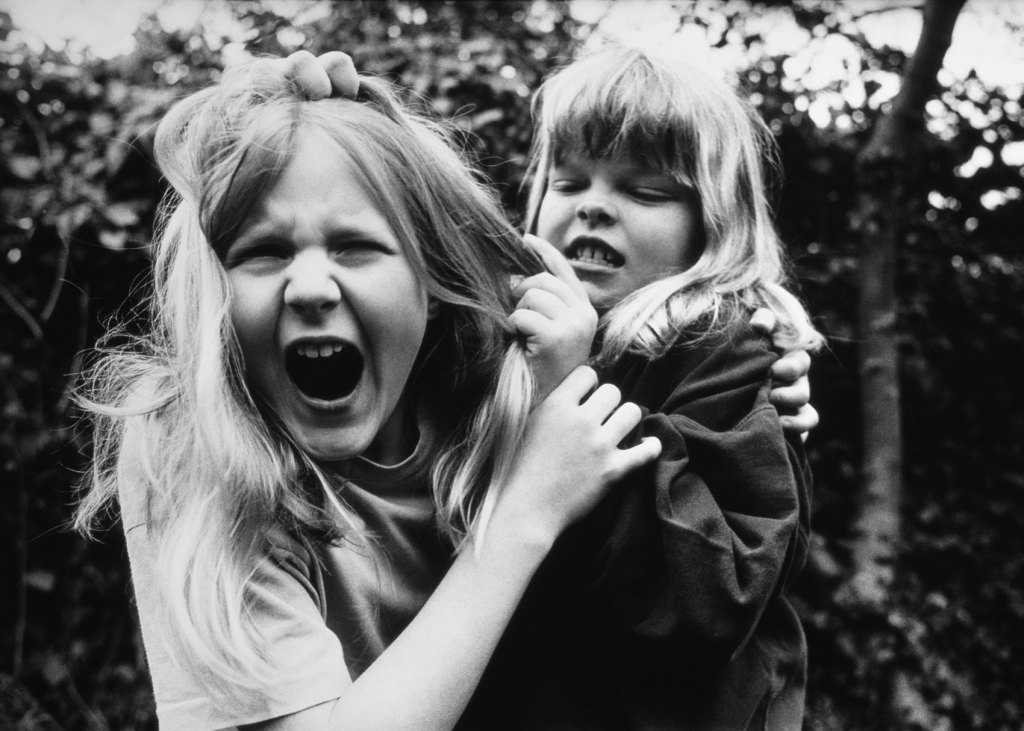
According to Malcolm Gladwell, who actually wrote a book about outliers, we humans are not the independent thinkers we’d like to think we are. He says, “The values of the world we inhabit and the people we surround ourselves with have a profound effect on who we are.”
I certainly felt that at the school where no one would talk to me. Everything about me seemed to change in that one awful year and I was powerless to stop it: my posture, voice, temperament, and confidence shifted dramatically. I felt tongue-tied all the time and unsure of my point of view. I was even sick more often. This was, as I look back, a turning point. A time when all I had left to me was my interior world and I inhabited it completely. In one fell swoop, after a single encounter with the wrong girl, I was made aware of what it truly means to be on the outside. I also became suspicious of groups, but it didn’t stop there. That experience made me question my own nature and my very ability to make friends. It took everything I had to pull myself back together.
I have to wonder if this was the experience that made me start considering myself something of an outlier? Even more so than being an oddball immigrant, an interior person, fantasist, and Spam lover. It’s hard to say. It’s certainly possible that most self-identifying outliers have faced similar social dilemmas; some pivotal event that made them reconsider this whole group thing and start turning inward. Maybe most outliers don’t start out as socially recalcitrant at all. Not in our hearts, no matter how much we might protest to the contrary. The very fact that most of us even endeavor to be part of any group, which is a separate issue from actually being good at it, is evidence of that. That we’re capable of being deeply wounded by rejection indicates that we’re pack animals after all. The runts of the pack, probably, the ones who are always a bit out of step, but still bona fide members.
“We allow our ignorance to prevail upon us and make us think we can survive alone, alone in patches, alone in groups, alone in races, even alone in genders.” –Maya Angelou

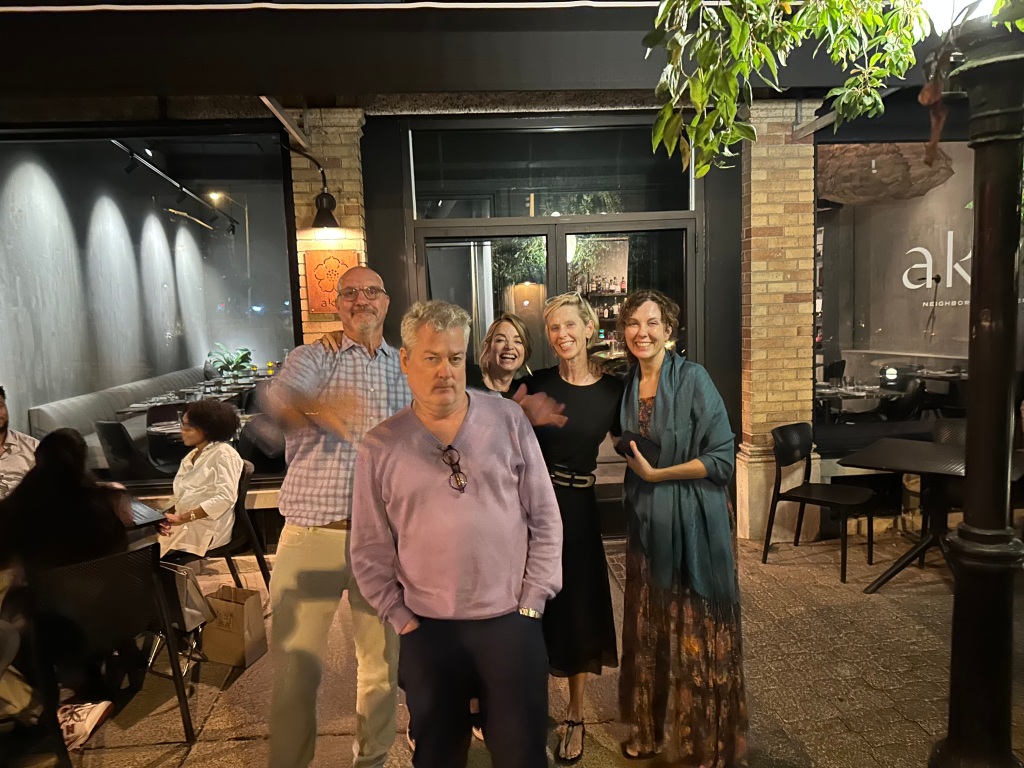
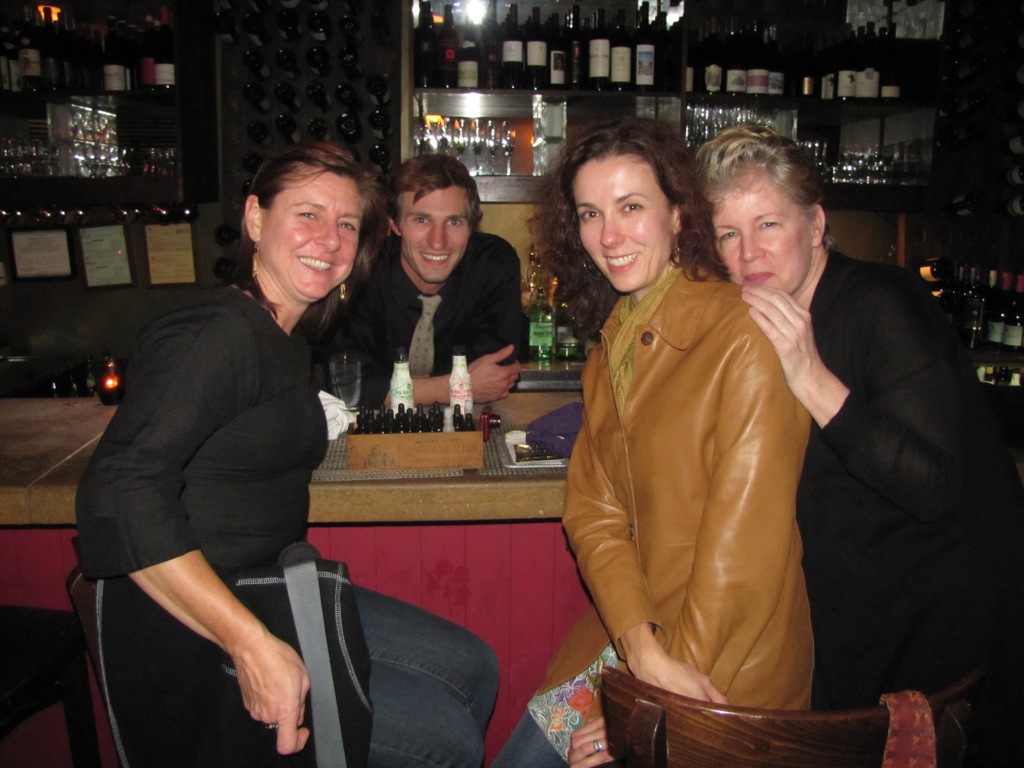
It’s a New Year and I’ll admit I haven’t given the slightest bit of thought to an actual New Year’s Resolution. I have nothing against them, as those of you who have been around the Cold for a while undoubtedly know. I love to make them, I love to keep them, and I love to break them. All of these scenarios I consider a win-win.
My previous resolutions – even when broken – have been a resounding success. They’ve helped me make friends or make peace with losing one, improve my health, impose a much-needed policy of gratitude or optimism (perhaps they’re the same thing), and essentially perform some basic hygiene on my life.
I’ve tried every kind of New Year’s resolution imaginable. In years gone by, all drinkable alcohol has been banished from our house, for instance. To be honest that one didn’t live up to its promise: the mental clarity, the better sleep, the fact that we wouldn’t even miss it – ha! I think I’m a bit too temperate a personality for abstinence to really pack a punch. Other resolutions have been more successful; like vowing to accept all invitations extended to me in an effort to make friends and expand my circles, my life, my interests. That one was nothing short of big bang, and I’m still reaping the benefits of it four years on.
I think the reason why I haven’t come up with something to do this year, something to change, or at least to contemplate, wrestle with, muse upon, is that I got a head start on this self-improvement business back in the early fall, long before the actual New Year was even remotely in sight. Necessity is the mother of invention, after all, and I’ve been in great need, so I guess I couldn’t wait.
Since resolutions mostly consist of changing habits – or attempting to change at least one habit – my habit revolution…maybe more of an evolution…started all those months ago during a creative stammer episode that was dragging me down, making me unproductive and generally poor company to be around. I felt depleted, both spiritually and mentally. Worn out, conflicted, lost. This feeling extended beyond my workday and manifested itself as a general malaise that I can only describe as a state of faithlessness, an uncomfortable embracing of fear. Fear of today, of tomorrow, of ten years from now. Fear of my actions, my inactions and of missed opportunities. At its core, it’s not an exaggeration to say that I was standing on the precipice of a crisis.
That’s a dangerous place to be. Especially since I didn’t realize just how down in the dumps I’d become until I actually started climbing out of my hole.
Thankfully, through a combination of dumb luck and support from those in my nucleus, as my science-minded brother likes to say, I was inspired to take action before this gathering storm really had the time and momentum to wreak some serious, category 5 damage. With a bit of nudging from those who know me best, I began a regimen I’ve documented pretty thoroughly here in the Cold, incorporating Julia Cameron’s artist’s bible, The Artist’s Way, into my life, one directive at a time. Since making just a few basic, resolution-like changes, my creativity has started to flourish, and with it has come a sense of gratitude and hope that has spread like a contagion to other parts of my life.
I’ve been writing, brainstorming story ideas, book coaching a friend, reading fiction, cooking according to recipes well outside my wheelhouse, storyboarding new ideas, and even corralling my artsy daughter into helping me take a stab at developing a line of design-heavy, hella-stylish merchandise. As I’ve continued with my daily creative exercises, mostly articulated by Ms. Cameron, although I’ve added a couple of my own as well, my imagination has started to make a comeback. Once again, I find myself with more ideas than I can possibly implement, which is a good problem to have, I think.
But what I don’t have, as a result, is a New Year’s Resolution. In fact, all the ones I’ve come up with seem same old, same old, if you know what I mean.
That’s where you all come in. Your mission, should you choose to accept it, is to chime in with your ideas on some marvelous, creative, even off-the-wall New Year’s Resolutions – for me, for yourselves, for the world. In doing so, I ask that you tackle the primal, and don’t allow fear of the unorthodox to act as your governor. But please, none of this giving up chocolates or beer stuff. For one, chocolate should never be given up – not under any circumstances. As for beer, you should certainly give it up if it’s causing you problems, but it is worth noting that the oldest recipe ever discovered is for a nice, amber-colored ale. This kind of stuff matters to a historical junkie like me.
When conjuring a really good resolution, I’d like you to think about the widest, longest possible impact, too. Something that, even if seemingly small, will reverberate throughout the year – maybe throughout the course of a lifetime. I had a friend who once pledged not to give unsolicited advice, for instance. I thought it was such a great idea that I immediately incorporated it into my own life, and I believe that small, borrowed resolution has saved me from many unfortunate scenarios.
That’s the kind of thing we’re going for. And once I receive your suggestions, I’ll post as many of them as possible, pick one, tell you exactly why I’m picking that one, and keep you posted on my progress. I’ll be honest about it, too. Swear!
I also encourage you to do the same – that’s why I’m going to post a pick of your suggestions. To give you choices as well, and from some of the best idea generators I know (this means you).
If your mind is drawing a blank this year, I’d love to hear all about your previous New Year’s Resolutions. Why you chose them and what they meant to you. What impact, if any, they’ve had on your life.
By the way, it’s a New Year and there’s a new novel by comic thriller prosateur VJ Fitz Howard coming your way. Next of Kin is the fourth book in the Tami Vaduva series and it’s a killer! If you’re a fan of Janet Evanovich’s Stephanie Plum series or Carl Hiaasen’s adult novels, Pre-order your copy today!
WHEN THE MOST HIGHTLY DECORATED FEMALE COMBAT SOLDIER IN U.S. ARMY HISTORY SWORE TO DEFEND AMERICA AGAINST ALL ENEMIES FOREIGN AND DOMESTIC, SHE NEVER RECKONED THAT WOULD MEAN GOING TO WAR WITH HER OWN DADDY!
But that’s exactly what Tami Vaduva must do when, during a séance with her
deceased husbands, the three-time widow is told that she must resolve her
crippling “daddy issues” if she ever expects to keep a man—and keep him alive.
Thus begins Tami’s quest to track down, and confront, the man who begat and
abandoned her before she was born. Accompanied on her mission by prospective
husband number four—a virile, millionaire hillbilly—the pair embark upon a
mission that will take them to the infamous Pentecostal church in West Virginia
where Tami’s rattlesnake-handling daddy once preached, to the southern shores
of the Dead Sea, where old scores will be settled, and finally to a remote
mountain compound where her messianic, heavily-armed daddy leads a depraved
sex cult.
This is more of a song than an essay. It’s certainly inspired by a song; one I’m sure you know. You’re welcome to do your best to sing it to the tune of the Twelve Days of Christmas. Or rap it, if you prefer. Doesn’t matter…as long as you take it into your heart. Maybe if it stays there over not just these next twelve days, but twelve months, you’ll find the spirit of these words and their concurrent offerings will accrue.

On this first day of Christmas, chilly and clear, a dusting of snow on the mountains outside my window, I, a humble author who writes about True Love an awful lot, gives to you, dear reader, a cardinal, the color of a Hitchcock blonde’s scarlet lipstick, perched on the bare branch of a weed tree.
On the second day of Christmas, this author who writes about True Love an awful lot, as I said, also offers you two shots of good whiskey plus two handsome middle-aged males snoring on a living room sofa (although one of those fetching males is a canine), and a cardinal, the color of a Hitchcock blonde’s scarlet lipstick, perched on the bare branch of a weed tree.
On the third day of Christmas, this True Love obsessed author with a curious interest in killers, spies, and grandiose destinies, gives you, my faithful reader, an on-going story trilogy made of ancient curses, star-crossed lovers and archaeological adventures, two shots of hella good whiskey plus two true-hearted handsome middle-aged males snoring on a living room sofa (remember, one is a canine), and a cardinal, the color of a Hitchcock blonde’s scarlet lipstick, perched on the bare branch of a weed tree.
On the fourth day of Christmas, this author who fervently believes that the transcendental power of love belongs in even the most harrowing, dark, and war-torn stories, is honored to give you four heart-felt whispers of devotion, an on-going story trilogy made of ancient curses, star-crossed lovers and archaeological adventures, two shots of really great whiskey that burns so good as it goes down plus two handsome, true-hearted, unafraid to make grand romantic gesture-type middle-aged males snoring on a living room sofa (although one is a canine, and yes, even he makes romantic gestures. Like the way he greets me every time I come home), and a cardinal, the color of a Hitchcock blonde’s scarlet lipstick, perched on the bare branch of a weed tree.
On the fifth day of Christmas, your favorite love scribe with a serious fixation on mystery, thrills, and noir gives you five unapologetically sentimental and spiritual Christmas carols sung by an amateur choir of rum-drunk revelers!
Four heart-felt whispers of devotion, an on-going story trilogy made of the craziest ancient curses, starry-eyed star-crossed lovers, and bold archaeological adventures, two terribly handsome middle-aged males snoring on a living room sofa (although one is a canine), and a cardinal, the color of a Hitchcock blonde’s scarlet lipstick, perched on the bare branch of a weed tree.
On the sixth day of Christmas, this love-drunk, thriller-lover of an author is so happy to give to you six handmade marionettes gyrating at the command of a bawdy mistress (that would be me), five unapologetically sentimental and Spiritual Christmas carols sung by an amateur choir of rum-drunk revelers!
Four heart-felt whispers of devotion, an on-going story trilogy made of only the most powerful ancient curses, charming star-crossed lovers and riveting archaeological adventures, two shots of great, artisan whiskey (ah!) plus two handsome, true-hearted, full of soul and mischief middle-aged males snoring on a living room sofa (although one is a canine), and a cardinal, the color of a Hitchcock blonde’s scarlet lipstick, perched on the bare branch of a weed tree!
On the seventh day of Christmas, this noir-fixated hopeless romantic of an author gives to you seven bad and beautiful dames with velveteen voices and shady pasts that would make you shudder, six handmade marionettes gyrating at the command of a bawdy mistress, five unapologetically sentimental and spiritual Christmas carols sung by an amateur choir of rum-drunk revelers!
Four sweet, heart-felt whispers of devotion, an on-going story trilogy made of monstrous ancient curses, impassioned star-crossed lovers and wild, time-traveling archaeological adventures, two fine shots of my best whiskey along with two handsome, true-hearted, romantic, and mischievous middle-aged males snoring on a living room sofa (although one is a canine with terrible gas), and a cardinal, the color of a Hitchcock blonde’s scarlet lipstick, perched on the bare branch of a weed tree.
On the eighth day of Christmas, this lover of love, evangelist for old souls and unapologetic prose junkie is dying to give to you eight haunting phases of the moon shining upon the wintry alleys of an old Gothic city center, seven bad, gorgeous, and wanton dames with smoky, velveteen voices and pasts so shady you wish you hadn’t asked, six handmade marionettes gyrating twerking at the command of a bawdy mistress, five unapologetically maudlin and resoundingly spiritual Christmas carols sung by an amateur choir of rum-drunk revelers!
Four sweet, heart-felt whispers of absolute devotion, an on-going trilogy of time-spinning ancient curses, bewitching star-crossed lovers and spine-tingling archaeological adventures, two super handsome, true-hearted, witty, over-fed middle-aged males snoring on a living room sofa (although one is a canine and not particularly witty), and a cardinal, the color of a Hitchcock blonde’s scarlet lipstick, perched on the bare branch of a weed tree!
On the ninth day of Christmas, this shameless maven of love scenes (among other things) gives to you nine lingering kisses bestowed by a lover pure of heart though not pure of thought, eight haunting, utterly enigmatic phases of the moon shining upon the enchanting wintry alleys of an old Gothic city center, seven bad dames with bad attitudes and smoky, velveteen voices who have the kinds of shady pasts that make them the sorts of ladies you’d never bring home to your mother, six handmade marionettes twerking and gyrating like Meghan Thee Stallion at the command of a bawdy mistress, five unapologetically gushing and soul-screaming Christmas carols sung by an amateur choir of rum-drunk revelers!
Four sweet as hell, heart-felt whispers of unconditional devotion, an on-going story trilogy made of unbreakable ancient curses, fiery star-crossed lovers and breathtaking archaeological adventures, two of my favorite handsome, true-hearted, rascally but protective over-fed middle-aged males snoring on a living room sofa (although one is a canine), and a cardinal, the color of a Hitchcock blonde’s scarlet lipstick, perched on the bare branch of a weed tree!
On the tenth day of Christmas, this author of mysterious thrillers, noirs and romantic epics of historical fantasy is doing her personal best to give you ten lines of prose that strike a knife into your heart, force a gasp from your lips, and breathe life into your soul, nine lingering kisses bestowed by a lover so pure of heart, though not pure of thought, that your own heart grows three sizes larger than The Grinch’s at its best, eight hauntingly entrancing phases of the moon shining upon the wintry alleys of an old Gothic city center, seven dames so bad and tempting with smoky, velveteen voices that make you say “to hell with their shady pasts, I’m bringing them home to my mother anyway,” six handmade marionettes twerking and gyrating in a way that would make Meghan Thee Stallion blush – all at the command of a bawdy mistress, five unapologetically uber-sentimental and soulful, holy Christmas carols sung by an amateur choir of rum-drunk revelers!
Four sweet, heart-felt whispers of unadulterated devotion, an on-going story trilogy made of only the best ancient curses, star-crossed lovers and archaeological adventures, two handsome, true-hearted, romantically inclined yet darkly humorous middle-aged males snoring on a living room sofa (although one is a canine), and a cardinal, the color of Hitchcock blonde’s scarlet lipstick, perched on the bare branch of a weed tree!
As promised, ten lines of prose:
Semyonov inhaled Zoya’s scent. Woodsy, like his father’s mistress’s cabin.
We all become our fathers, he thought to himself. His father had been poisoned by his mistress after he tried to break things off with her, and Semyonov wondered how many times Zoya had thought of killing him. How close he might come to his father’s fate now that she had come back into his life.
His Zoya took a deep breath, running two fingers through her hair, coiling it around them in an almost girlish gesture. “What about me? What besides sex did you love about me?”
Their sexual relationship had been the least fulfilling part of their coupling, but he wasn’t about to tell her that. She would have been greatly offended. Zoya was a tempting woman and a skilled lover, but she was meant for causes, not other people.
On the eleventh day of Christmas (almost there!), this exhausted author, besotted by love stories, inexplicable mysteries and fantastical histories wishes for you to receive eleven prayers answered unironically by our maker, ten lines of prose that strike a gilded sword into your heart, force the air from your lungs and a gasp from your lips, and breathe life into your soul, nine soft, lingering kisses bestowed by a lover pure of heart though not pure of thought, eight ethereal phases of the moon shining resplendent upon the wintry alleys of an old Gothic city center, seven oh, so very, very bad and beautiful dames with smoky, velveteen voices and the kinds of shady pasts that let you know you don’t have a prayer as long as you’re with them, but you don’t care what your mother or anyone else has to say about it, six handmade marionettes just slumped on the floor and no-longer gyrating because the bawdy mistress who was commanding them is busy drinking a mug of mulled wine, five unapologetically feel-good and brazenly spiritual Christmas carols sung by an amateur choir of rum-drunk revelers!
Four sweet, heart-felt and sensual whispers of devotion, an enthralling, on-going story trilogy made of ancient curses, star-crossed lovers and archaeological adventures that would make Indiana Jones jealous, two dashing and true-hearted middle-aged males snoring on a living room sofa (although one is a canine), and a cardinal, the color of a Hitchcock blonde’s scarlet lipstick, perched on the bare branch of a weed tree!
And on the twelfth day of Christmas, may twelve cold winds blow, each of them bringing you clarity of mind and heart: one wind for your past, another for the present, yet another for the future; one for those you’ve loved, and one for those you’ve lost to death or disagreement; one for the dreams you’ve delayed, and one for those you’ve pursued; one for the child within you, and another for wise elder you have built through experience; one for your caring mentors and another for your harshest teachers, and lastly, the coldest one for actions you take in this coming year. The ones that will help others and define your experience.
No, I haven’t forgotten eleven prayers answered, unironically by our maker, ten lines of prose that strike a blade into your heart, force a gasp from your lips, and breathe life into your soul, nine lingering kisses bestowed by a lover pure of heart though not pure of thought, eight haunting phases of the moon shining upon the wintry alleys of an old Gothic city center, Seven bad and beautiful dames with smoky, velveteen voices and shady pasts that make you want to cry, six handmade marionettes gyrating once again at the command of a bawdy mistress who has downed two or three cups of mulled wine, five unapologetically sentimental and highly spiritual Christmas carols sung by an amateur choir of rum-drunk revelers!
Four sweet, heart-felt whispers of devotion, an on-going trilogy of ancient curses, star-crossed lovers and archaeological adventures, two strikingly handsome, true-hearted, witty and overfed middle-aged males snoring on a living room sofa (although one is a canine), and a cardinal, the color of a Hitchcock blonde’s scarlet lipstick, perched on the bare branch of a weed tree!
I wish you the merriest and the brightest this year.
And while we’re at it, you should know that the BREATH series is on sale all this weekend (December 15 thru 18). It’s not too late to give yourself or a loved one the gift of an epic tale that will keep them up all night turning pages!
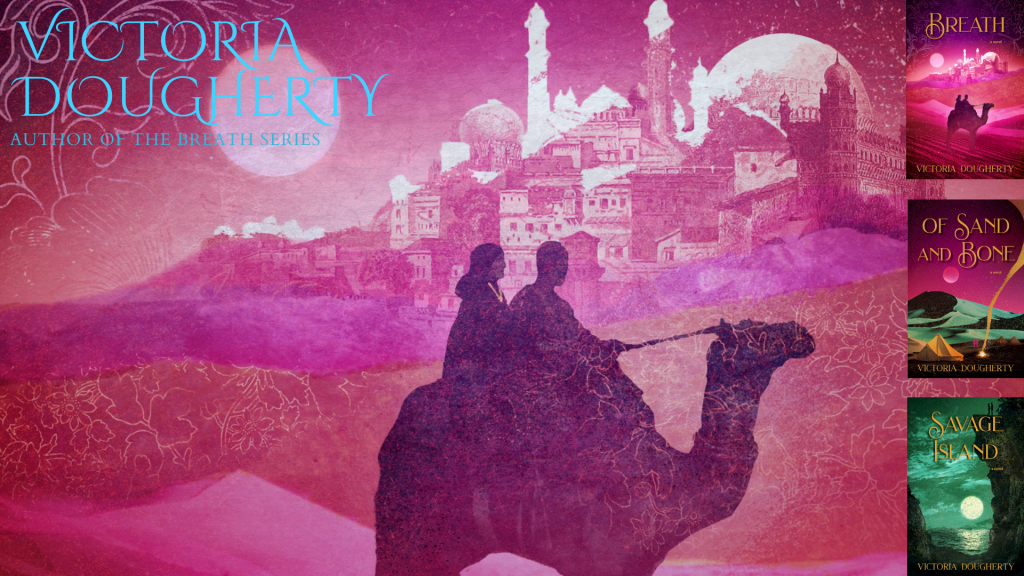
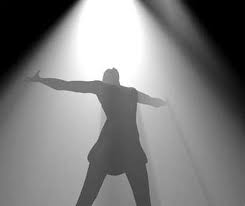
A few weeks ago, I shared with you all the gory details of a creative stammer I’ve been experiencing. That I feel a bit like a defective radio that can’t quite tune in to her favorite station anymore. This happens to all sorts of creative people who are in various stages of their careers and artsy lives. Getting stuck isn’t just for beginners, for imaginers who have yet to build a structure around them, enact a disciplined calendar and sequence of deadlines, who perhaps haven’t yet developed the confidence to make a real go of the artists’ life. It happens to writers like me, who have been doing this for over twenty years now in a professional capacity, and for several years prior to that as a hobbyist.
Creative stammers are deeply frustrating and destabilizing. They allow boredom to creep into every facet of the process, making work feel like an unpleasant chore, and one executed poorly at that. Seasoned creators know what it’s like when the juices are flowing. Our minds are alive with ideas even as we’re effectuating the mundane. We may look like we’re merely checking off items on our grocery list, walking up and down the aisles plucking cans off the shelves, yet we’re working. The pause in front of the dairy case was to jot down an idea. At the top of that crumpled piece of paper which reads garlic, milk, butter, rice, Cheetos, you’ll also find: He tracked her down and followed her to Putnam! Possible names: Alberto Aragon, Humberto Haro, Alejandro Trastamara. Things like that.
Waiting for your child to finish a late-running theater rehearsal isn’t an inconvenience at all, but an opportunity. To fix plot problems, conjure up complications, dangers, adventures, and love affairs. Every day comes with a fantasy world playing at low volume throughout all the tasks at hand, from filling the gas tank to folding laundry.
When that shadow world goes dark, a creator can feel lost.
I don’t want to go all gloom and doom here. In my case, my shadow world didn’t go entirely dark, but it did grow dim at times and for significant stretches that could feel interminable. The low volume chatter normally emanating from my fictional worlds went so quiet that it took great concentration for me to make out anything my characters were saying. All of this resulted in a state of restlessness and anxiety, as I never knew when my stammer would hit. I found myself indulging in avoidance and outright procrastination. This, in turn, made me furious with myself, tossing around words like fraud, amateur, shiftless, dull, in an edgy mind’s voice. My mind’s voice can be a real bitch.
But let’s not get the violins out quite yet.
Because now I want to tell you about what a breakthrough feels like, and how I’ve been engineering one – a day at a time. A breakthrough need not be a deluge. Mine certainly hasn’t been. But it is a light. A cracked window that lets in the fresh air. It’s something to build on. What it has not been is an experience that has visited out of the blue. No fireworks went off above my head, nor did I rub a lamp to make a genie pop out and grant me a wish. I’ve generated this breakthrough quite consciously, in the process encouraging my critical mind’s voice to speak more softly, become part of the solution rather than part of the problem.

Previously, here on Cold, I told you I’ve begun reading The Artist’s Way, by Julia Cameron. How it’s been a revelation, and I’ve been absorbing it slowly. It’s called “the artist’s bible,” and for good reason, as it is basically an instruction manual for living an artist’s life. Of arranging your daily regimen in a way that propagates invention. I’ve been taking Julia’s advice bit by bit – and I do feel like she and I are on a first-name basis now – incorporating her rituals into my weeks one small step at a time. I began with Morning Pages, a habit of writing by hand no less than three full pages – stream of consciousness style – first thing. This addition to my daily routine has been nothing short of a bombshell, a true kicker, and I credit this single practice with reconnecting me to my ideas – tuning in the radio, so to speak, so that I can hear my shadow world better, access it at will again, even if the characters in that world are still only fumbling around, trying to figure out what to do with themselves.
Then I added two more elements, which are also paying dividends. The first, is a daily ritual of reading at least one chapter of fiction. And I do make a ritual out of it. I dress in comfortable clothes, pour myself a tall glass of water, and settle onto my office sofa, with my dog nestled between my feet. For someone like me, who has been so consumed with writing in the hours I have free, who is exhausted at the end of the day and has a hard enough time reading a single page, this has required a real commitment. Reading someone else’s words, inhabiting their world, is inspiring in me new ways to look at the stories I’m building, infusing me with creative fire…well, maybe merely spark at this point, but that’s no small thing. And it’s pure pleasure, too. That’s no small thing either.
The second is a weekly artist’s date. According to Julia Cameron, an artist’s date can mean a number of things. Going to a movie, for instance, is a perfectly respectable artist’s date. These should be fun, by the way. Play is relevant to the process of creation and it’s easy to forget that, dismiss it as frivolous – a distraction from our relentless pursuit of the muse.
For me, this date has been a weekly Zoom call with my fellow writer friend Janet. Apart from talking about fiction, culture, art, and the business of writing, I’m also book coaching Janet through a detective series she’s planning. To those of you who are scratching your heads wondering what exactly a book coach is, think of it this way: An editor comes to your work in a forensic capacity. In other words, after you’ve finished your story. An editor gives advice on what to fix in your manuscript and how. A book coach is often there from your first word. Sometimes from the idea stage – inspiring, cajoling, even cracking a whip from time to time. This combination of talking about our work as artists and helping Janet through her own creative launch has been golden.
Now here’s my own advice, not Julia’s, although she may get into this later in her book: giving to other artists is a critical part of nurturing our own artist spirit. It’s made me feel lighter, laugh easier, care deeper, and has helped me not only to take my own advice, but adapt it, make it evolve to suit not just my routine, the routine of a writer, but a routine. The routine of a creator of any stripe. Routine, despite how eclectic the artist’s life may appear from the outside, is ultimately the genesis of every idea, the generator behind any finished project. It makes space for impressions and observations, hunches and phantasms, joy. Because at its core, creativity is about joy. Of turning grief into growth, chaos into order, confusion into wisdom. Creativity is joy for joy’s sake. It is the powerful motor of the universe, the transformer of hearts, and the designer of souls. It is the only alchemy worth a damn.
With my change in routine, with the addition of Morning Pages, reading fiction, and having an artist’s date, I’ve managed to write a full new chapter in my detective noir. This is in place of just fiddling with the ones I’ve already written and doing largely unnecessary research. I’ve also begun scribbling new and good ideas onto receipts, napkins, anything that I can shove into my pockets, or tuck into the back of my phone case. And I’ve written an essay.
Keep in mind, I’ve only been performing this new routine for a few short weeks. Imagine the long-term benefits!
This week, I plan to have my first full creative week in months. In addition to organizing my notes for various fictions and sketching out a half dozen topics for essays and podcasts, I plan to write one full new chapter in my detective noir, along with three fully storyboarded chapters for the third epic book in my BREATH series. These are self-imposed deadlines and deliverables that I finally feel confident enough to commit to.
This leads me to one more thing an artist needs in order to foment a breakthrough, turn it from a trickle to a gush. This is probably the most important thing, when push comes to shove.
Accountability. I’m asking you to hold me to it.
You know artists need your support. If you value our Cold community – our novels and worlds, blog, podcast, newsletter – please consider becoming a Cold Member! Cold merchandise coming soon!
Perhaps this isn’t an actual meditation, per se, but parts of it can definitely be chanted. In fact, this annual list of things for which I am eternally grateful may sound positively devotional if sung as a monkish incantation or whispered like a prayer. Whichever way you choose to experience the following gratitude missive, and I can think of a lot of ways – shouting it like a war cry, belting it out like a Glee Club member, or even yodeling it – I can one hundred percent guarantee that you will feel better for having absorbed it. Lighter, happier. This feeling might last an hour, a day, or all of eternity – it’s impossible to say.
What is possible to say is that there is no chance at all that you’ll feel the worse for it. So, what are we waiting for?
Let’s get this party started!
I’m thankful for my dog’s ears, which are the shape and color of mussel shells. They give a shiver when he’s dreaming. Watching them lie back or perk up, rubbing them between my fingertips as if they were flower petals, gives me a serene feeling of utter goodness that I am sure is actively extending my life by at least five years. I also love the way his ears smell – like musty corn chips with a hint of gruyere cheese and late summer grass. I would keep my nose near his ears all day long, if it wasn’t a little weird. While we’re on the topic of bewitching scents, I must also give a serious nod to lavender. Next to my dog’s ears, there’s nothing like fresh lavender. It’s not only aromatic, but visually arresting, and delicious as a flavoring agent. Ever tried a lavender latte? If you haven’t, you must!

My well-worn combat boots are hands-down my favorite pair of shoes and make me feel like such a middle-aged ass-kicker. I’ve had them mended and re-soled at least a half dozen times, and I fear each year may be their last. Yes, I could get another pair. Perhaps not the exact style I have – can’t find that anywhere anymore – but it would take months of daily wear for me to break them in, make the leather soft and pliable with just enough scuffing. So, I’m thankful they still have a little life left in them.
Then there’s Deborah Harkness’s All Souls Trilogy. What a marvelous make-believe world! Whether I have time for three pages or three chapters, I fall instantly into Harkness’s Anglophilic universe of enchanted ancient texts, polished, old English furniture, and romantic magical creatures. I’d love to meet her one day and thank her personally for the hours of pure joy that she’s given me. I’m also just mad for how the mountains near our home take on the appearance of impressionist paintings during the explosively prismatic fall. Autumn in our mountainous region is the best time to read Ms. Harkness’s trilogy, so that’s where I draw the connection. It’s crisp here and feels antique. Lots of old houses and wood-burning fireplaces. Very British colonial. Makes me want to mix a proper BBC accent with my adopted Virginia lilt.
No matter what time of year it is, I’m forever thankful for my son’s deeply ingrained sense of loyalty and honor, which causes my heart to swell at least once a week, and that my middle daughter’s relentless pursuit of excellence has me standing taller every day, and my youngest daughter’s resilience and philosophical nature leaves me in slack-jawed awe. I can hardly contain the gratitude I feel knowing that these creatures we brought into this world – badgered, corrected, embarrassed, and loved for years on end – still enjoy our company. Most of the time, they don’t even have to be begged and cajoled to attend Sunday dinners! Of course, I don’t delude myself either. I’m well aware that the older two, who are in college, will jump on any opportunity to have a decent meal that they don’t have to prepare or buy. But that’s alright. I’m grateful for whatever I get.
As for the man who made a mother out of me in the first place, I positively love when my husband grows a beard that makes him look like Ernest Hemingway channeling The Old Man and the Sea. His facility with language, his wry sense of humor, his generosity, and romantic soul still imbue me with a sense of bliss after all of these years. I don’t take that for granted for a minute.

Think of what you can do with that there is.” -Ernest H. The Old Man and the Sea
And I’m just pleased as punch to still be fighting complacency and dreaming big dreams for the future! Let’s move to Missoula for a year! Let’s start a new podcast or put together a writer’s retreat! While this kind of optimism and aspiration gives a huge boost to my well-being, so does functionality, which is why I’m also glad for the ant traps in my kitchen – they work brilliantly! And for eating outside at our picnic table on warm, but not muggy days. My husband’s Manhattans are simply divine (great for those picnic table occasions), and I’m thrilled that our kids are learning how to cook – and pretty darn well I might add. That’s completely selfish on my part, as I’m looking forward to the day when they offer to cook a holiday dinner. Or any dinner, really.
It’s not all just about fun times and swinging for the fences, however. As much as I hate it, I am indebted to the pain and growth that accompanies a falling out with a friend or family member, as well as for the hope that we will one day bridge our differences. Such episodes keep me up at night, make me feel like I’ve swallowed a swarm of bees, but they also force me to contemplate and enforce boundaries, as well as consider my part in these complicated dramas. With any luck, we learn not to repeat our mistakes or anyone else’s.
Back on a brighter note, I love answering the call to adventure, luxuriating in the passage of time, and reflecting on the past. I’m always grateful and on the look-out for the opportunity to dive deeply into conversations about anything from the art of puppetry to the pros and cons of spray tans. May many more of these long and winding talks come our way this year. They are golden.

For family traditions…and for flouting those traditions. For our wins, our losses, our purgatories, our daily prayers. For the smell of cloves and the taste of cinnamon. For long, pretty dresses that make a girl feel all wrapped up like a present, and comfortable clothes that look good, but make it seem like we weren’t even trying. Thank you.
But that’s not all.
I’m so obliged for big, gold hoop earrings, red sports cars, Haley Reinhart’s ballsy cover of Creep…oh, hell, anything she covers, every full tank of gas, dirty jokes, well-fitting jeans, just about any kind of creamy, winter casserole, a smoky red wine, a good yoga mat, family pictures, bird feeders, holiday decorations, a cozy pair of slippers, menageries of brac-a-brac, collections of well-loved books, jump scares in good horror films, first kisses in romantic movies, car chases in action flicks, death-defying stunts, breathtaking fight scenes, the excitement of buying a lottery ticket, finding an old concert stub in a coat pocket, rainy Sundays, a soul-rousing homily (sermon for non-Catholic types), getting the bills paid, purchasing a new pair of running shoes, fog – as long as I don’t have to drive in it, fresh pasta, the existence of golden scarab beetles, the myths of witches and vampires, the truths that history teaches us when we dare to listen, juicy literary villains, truly giving a hearing to opposing viewpoints, and allowing love to bloom, despite the fear of loss or a broken heart.
Thank you, thank you, thank you for all of these.
Last, but not least, I will never stop being thoroughly delighted and grateful for all of you reading this. Thank you for sticking with me all of these years. I wish you the absolute best, always.
For those of you who are grateful for historical fiction, there’s a marvelous Bargain Booksy giveaway going on. You have a real chance to win a Kindle, plus lots of excellent historical fiction novels!
And yes, BREATH is one of the offerings 🙂


